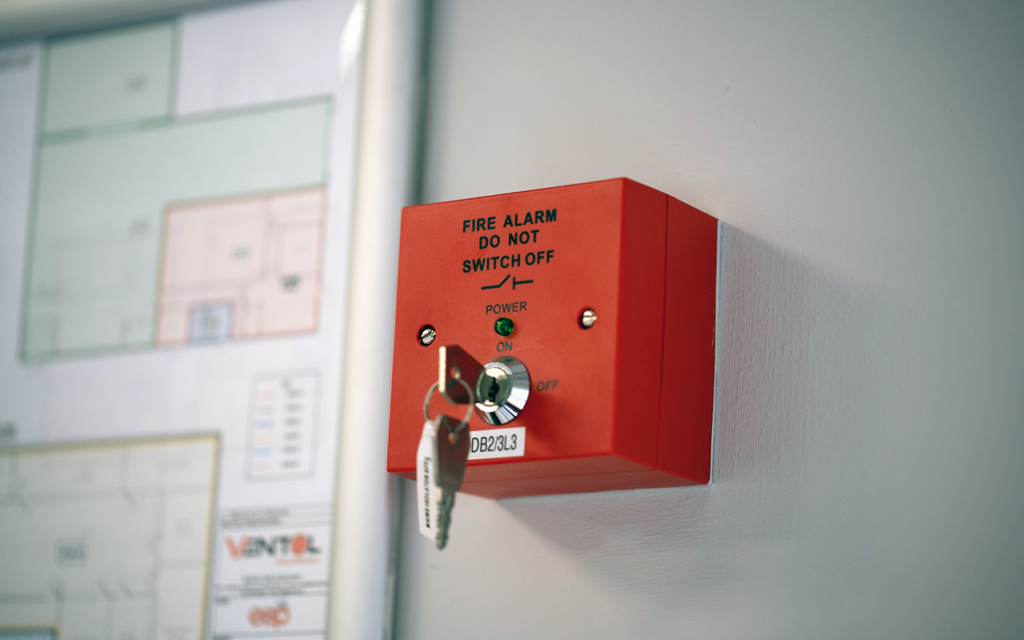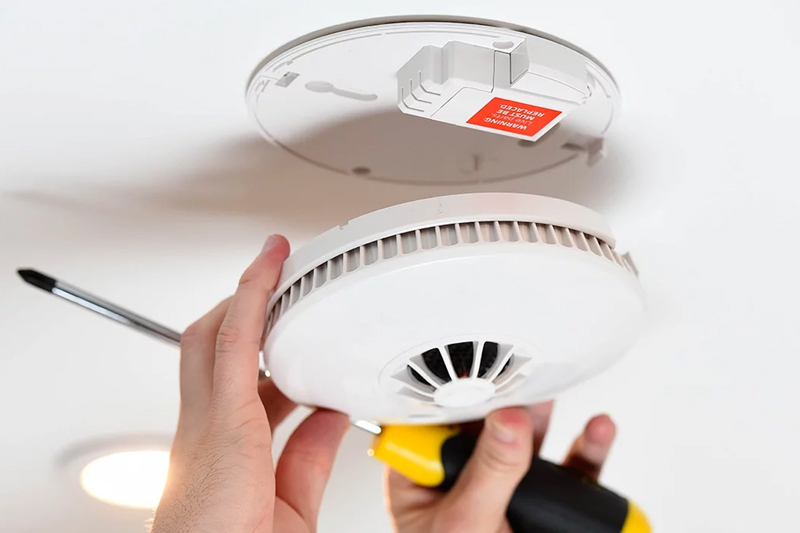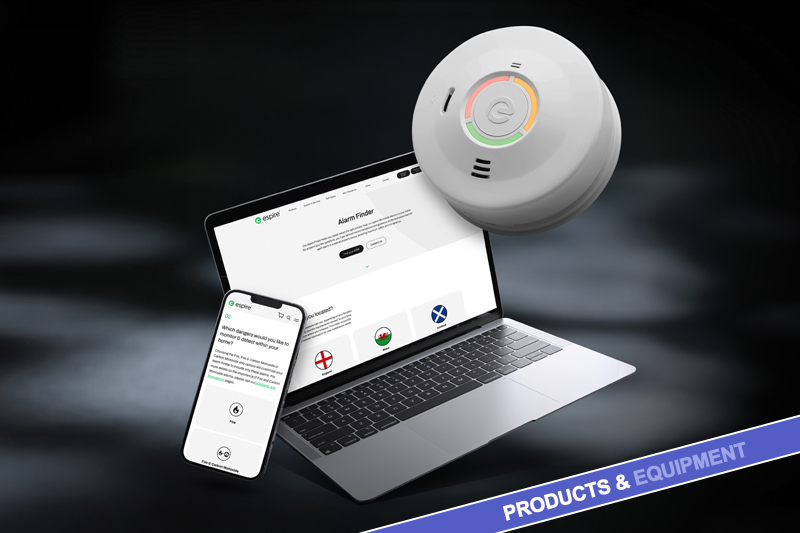ESP reveals some worrying evidence that not all fire design schemes are up to the standard required to ensure the safety of buildings and their inhabitants.
In the same way that diligence needs to be adhered to when procuring electrical products to ensure their compliance with the latest regulations, it is also essential that projects which require fire protection are also designed, installed and commissioned to the correct standard BS5839.
Substandard
ESP is all too aware of the issue with counterfeit products and products that are uncertified (and potentially unsafe) making their way onto the marketplace. Now, having reviewed completed fire system designs from various sources, it has come to ESP’s attention that not all designs are equal. ESP would like to offer wholesalers and installers some advice on the types of issues to be aware of, after finding substandard work as a result of potentially inexperienced and/or under qualified designers.
ESP has seen:
- Fire system design drawings marked up without sufficient AFD (Automatic Fire Detection) Coverage
- Incorrect products specified
- Fire designs ‘completed’ and quoted within 30 minutes
- Supporting technical documentation and proposals missing
The last two points are ones that are easily identifiable for the wholesaler and installer. Fire designs ‘completed’ in minutes are unlikely to have had the enquiry documentation evaluated correctly. Fire designs should always come with additional technical documentation such as a ‘Fire System Proposal’. This will tell any ‘responsible person’ or installer how their fire alarm system should work and ultimately how it should be installed.
If this is not provided as part of a design, how sure can we be that the design has been executed successfully?
Those who install to a poorly designed system and sign it off, are also liable for any damages or death that may arise from any subsequent fires.
Expert guidance
Already providing wholesalers and contractors with free fire training programmes, ESP took the decision to further enhance its commitment to helping the sector with a dedicated design service which allows contractors access to a free of charge fire systems design facility.
The service is available to any size of business, from local electricians to national contracting companies. The aim is to provide expertise in choosing the right products and solutions to create a scheme that meets all the requirements and objectives of the project in question, and to ensure that it is compliant with all the relevant regulations and standards.
From an initial enquiry to discuss the requirements, the next stage will be one of information and measurements gathering. For larger and more complex design schemes, a visit to site will be carried out for a detailed survey. With all the relevant information gathered, including drawings and specifications, a suitable design proposal for an appropriate fire system will be created and supplied to the client along with a quotation.
Two-way interaction between customer and the ESP design team throughout the process will be of paramount importance to ensure the design scheme meets all the necessary requirements.

Key points
ESP is welcoming enquiries from contractors, as well as wholesalers who supply to the professional electrical contractor market, and a dedicated email address has been set up for enquiries: design@espuk.com.
ESP has produced a handy, pocket-size guide to highlight the key points of the latest version of BS5389 Part 1: 2017. This standard deals with the code of practice for the design, installation, commissioning and maintenance of fire detection and fire alarm systems in non-domestic premises. ESP’s guide is aimed at those designers and installers who need simple guidance to help with the selection, spacing and location of fire devices.
The 24-page colour booklet is highly visual and very straightforward to follow. It covers the different categories of fire alarm and fire detection systems, plus the coverage and positioning for smoke detectors, heat detectors, manual call points, visual indication devices (VIDs) such as strobes, and visual alarm devices (VADs).
Details of ESP’s three fire alarm systems are also briefly explained – 2-Wire, Addressable and Conventional fire alarm systems – including the requisite cabling for each. A reminder of ESP’s free design and fire systems commissioning services is also featured.
The guide can be downloaded from the ESP website – www.espuk.com.
It can also be accessed via the Scolmore Group app, under the ESP Catalogues section here





